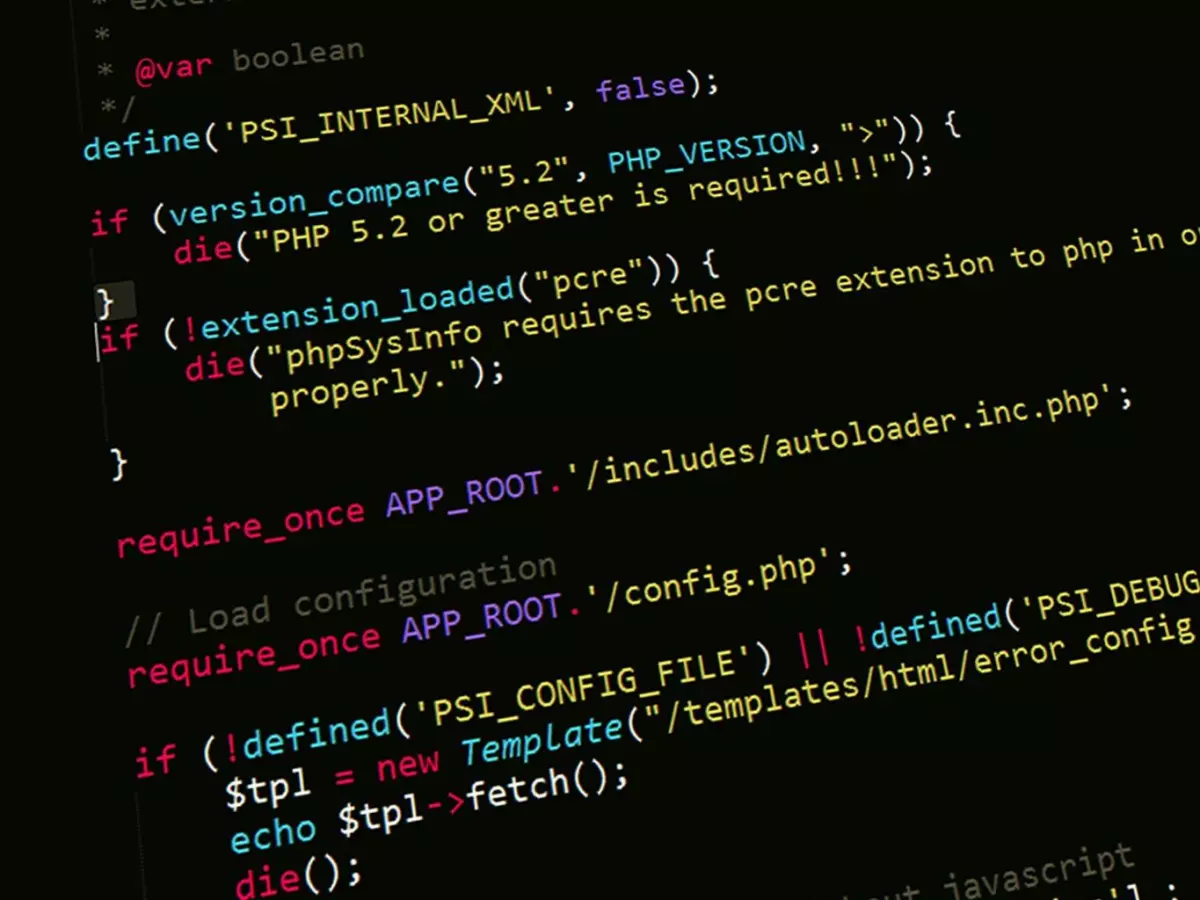Rust: The Next Big Thing
Let's face it: C and C++ are like that old pair of shoes you can't throw away. But Rust? It's the shiny new pair that fits better and doesn't give you blisters.

By Hannah White
For decades, C and C++ have been the go-to languages for operating system (OS) development. They’re fast, powerful, and—let’s be real—kind of a nightmare when it comes to memory safety. If you’ve ever dealt with buffer overflows, dangling pointers, or memory leaks, you know exactly what I’m talking about. These issues aren't just annoying; they’re dangerous. They open the door to security vulnerabilities that hackers love to exploit.
Enter Rust. This relatively new programming language is making waves in the tech world, especially in OS development. Why? Because it’s designed to be memory-safe by default. And that’s a game-changer. According to TheHackersNews, Google’s shift to Rust for Android development has cut memory vulnerabilities by a whopping 52%. That’s not just a win for developers; it’s a win for anyone who uses Android.
Rust vs. C/C++: The Memory Safety Showdown
Let’s break it down. C and C++ give developers a lot of control over memory management, which is great for performance but terrible for security. One wrong move, and you’ve got a vulnerability waiting to be exploited. Rust, on the other hand, takes a different approach. It enforces strict rules about memory usage, preventing common issues like buffer overflows and null pointer dereferences. In short, it’s like having a safety net that catches your mistakes before they become a problem.
But here’s the kicker: Rust doesn’t sacrifice performance for safety. It’s just as fast as C and C++, but without the headaches. That’s why more and more developers are turning to Rust for OS development. It’s like having your cake and eating it too.
Writing an OS in Rust: The New Frontier
Now, some of you might be thinking, “Okay, Rust sounds great, but can you really write an entire OS with it?” The answer is a resounding yes. In fact, there’s already a project that’s doing just that. The Blog OS is an open-source project that’s building a basic operating system entirely in Rust. It’s still in the early stages, but it’s proof that Rust is more than capable of handling the complexities of OS development.
And it’s not just hobbyists who are getting in on the action. Big companies like Google are already using Rust in production environments. Android, one of the most widely used operating systems in the world, is slowly but surely transitioning to Rust for new features. That’s a pretty strong endorsement if you ask me.
The Future of OS Development
So, what does the future hold for Rust and OS development? Well, if the current trend continues, we’re likely to see more and more operating systems being built with Rust. The benefits are just too good to ignore. Memory safety, performance, and a growing ecosystem of libraries and tools make Rust an attractive option for developers looking to build secure, efficient systems.
But it’s not just about security. Rust’s focus on concurrency and parallelism makes it a great choice for modern, multi-core processors. As hardware continues to evolve, so too must the software that runs on it. Rust is well-positioned to meet these challenges head-on.
In the end, it all comes down to this: Rust is the future of OS development. It’s safer, faster, and more reliable than the alternatives. And as more developers and companies make the switch, we’re going to see a lot fewer security vulnerabilities and a lot more innovation. So, if you’re still clinging to C or C++, it might be time to give Rust a try. Your future OS will thank you.





